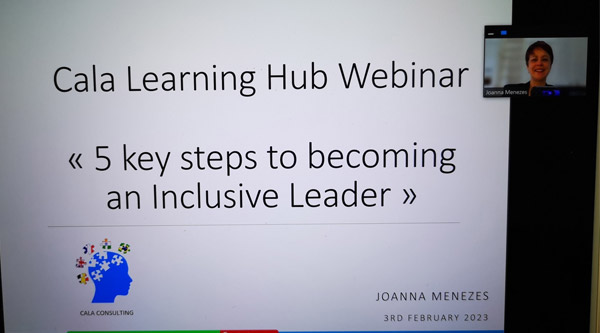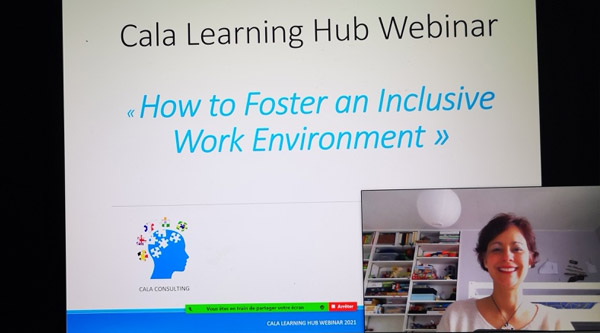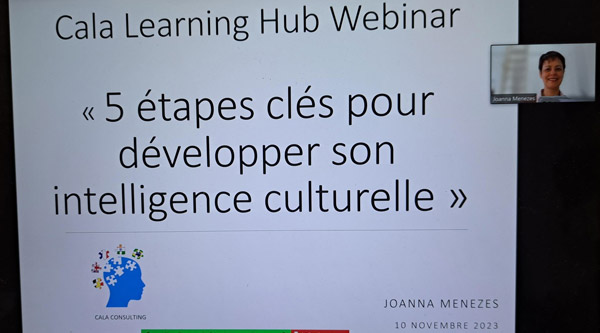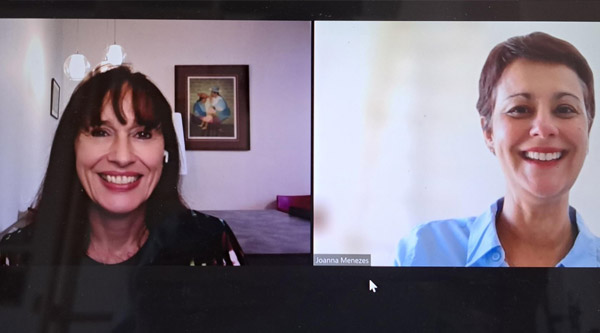Upon arriving in Dublin, Thomas experiences a significant culture shock. Language, humour, social norms, work practices... everything seems different to him. ‘The Irish are very friendly, but I don't understand their way of working at all,’ he says, somewhat disillusioned. Not to mention that his new job means moving house with his family, which is causing its fair share of tension: his partner is struggling to find work, while his children are struggling to settle into school and cope with the loss of their familiar surroundings.
His company then offers him expatriation support, and that is how our coaching programme begins. My role? To help him turn this intercultural journey into a learning experience — rather than an ordeal. ‘I realise that I don't know how to position myself. It's not just a new team, it's a new culture,’ he observes.
Meeting and adapting to a multicultural team
Our six-month programme begins by exploring cultural differences using Erin Meyer's model. Thomas discovers that Irish people are more direct than French people in their communication, but also more egalitarian in their relationship with authority. ‘I thought I was clear in my messages. But here, you have to get straight to the point, without beating around the bush. And above all, don't act like a boss,’ he admits.
We also create a space for reflection on his leadership style: how to inspire without imposing, how to mobilise in a more horizontal framework, how to make decisions while taking into account the expectations of a team accustomed to consultation... ‘I want to maintain my high standards without coming across as authoritarian. Finding the right balance is an art form,’ he says.
An adventure that is both professional and personal
We work on his communication skills (language, expressions, etc.), his integration into the company (networking, job expectations) and ways to build cohesion within a multicultural team (both formal and informal occasions). Then, over the course of the sessions, Thomas allows himself to broach a subject that is often left unsaid, yet crucial: the upheaval experienced by his loved ones. ‘I realise that I'm not the only one going through this transition. My family is also going through something difficult, and I need to be there for them,’ he confides with some emotion.
What was the outcome of this coaching process? Thomas was able to turn a complex situation into an opportunity for growth. He now displays a more flexible and attentive leadership style. He is able to navigate between cultures and build relationships that transcend differences. In return, his team is more committed and united, and he himself discovers new meaning in his role. As for me, I admire his ability to question himself, learn and adapt his approach with integrity and humanity.
Well done to him!
What about you? How do you navigate the cultural transitions that unsettle your bearings at work ? Shall we take a moment to discuss this together?







 Copyright © 2016 - 2026 - Cala Consulting
Copyright © 2016 - 2026 - Cala Consulting